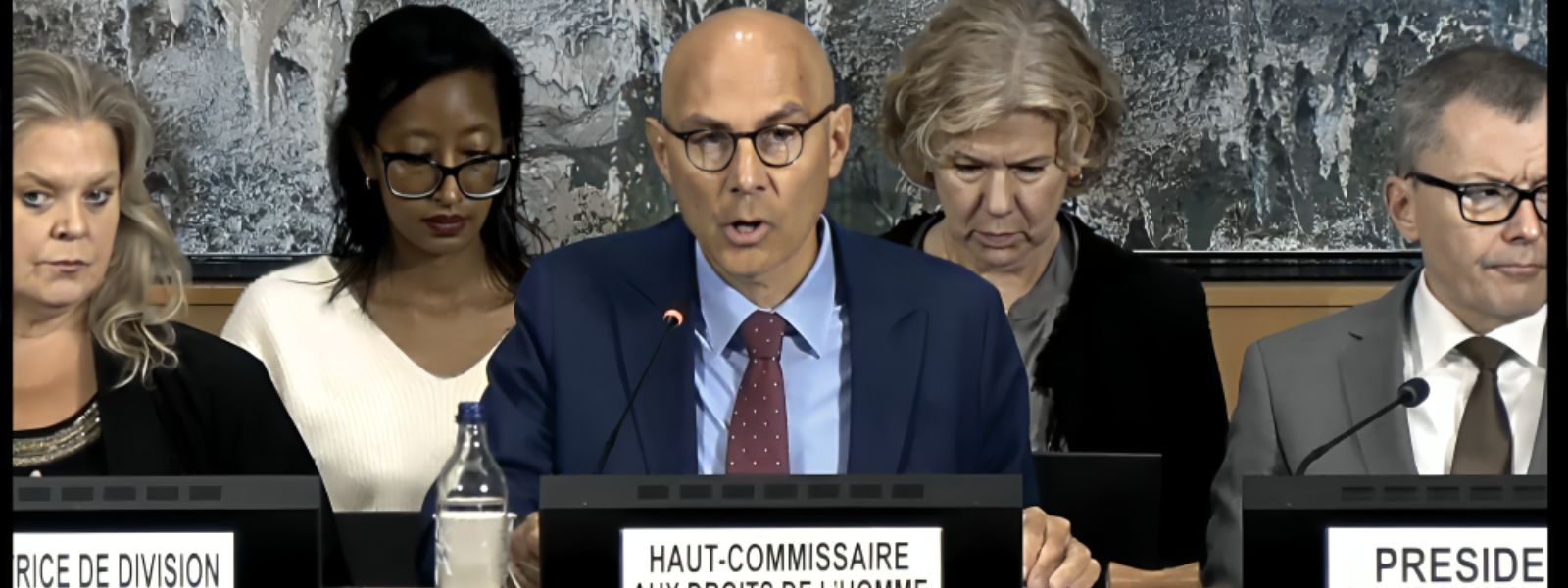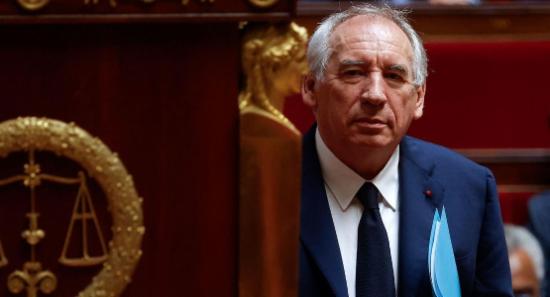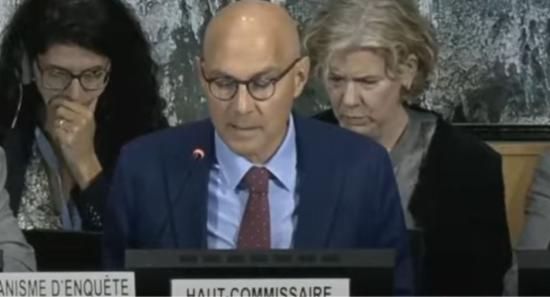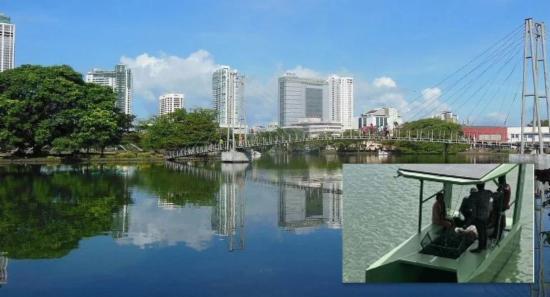.webp)

UN Pushes Sri Lanka to End PTA, Reform Laws
COLOMBO (News 1st); Sri Lanka stands at a crossroads, with what the United Nations calls a “historic opportunity” to break free from decades of violence, impunity, and division.
Addressing the Human Rights Council, UN High Commissioner for Human Rights Volker Türk urged the government to transform its pledges into a coherent, time-bound plan for justice, reconciliation, and reform.
“Justice and accountability are essential to fostering a future of healing, reconciliation, and sustainable peace,” Türk declared, presenting his latest report on Sri Lanka. He welcomed the government’s commitment to strengthen the rule of law and end ethnic discrimination but warned that promises alone will not suffice.
The report identifies three critical pillars for progress:
-Delivering accountability and justice
-Undertaking deep constitutional, legal, and institutional reforms
-Eliminating discrimination and political division
Türk’s appeal was deeply rooted in the stories of victims he met during his recent visit. At the Chemmani mass gravesite, he encountered families still searching for loved ones decades after the civil war. One woman from the south told him she has been looking for her husband for 30 years.
“Impunity can be a second form of violence,” Türk warned, stressing that victims’ voices must guide policies on truth, justice, and reparations. He called for formal acknowledgment of violations by both state forces and non-state actors such as the LTTE, and for a shared national understanding of the facts.
The High Commissioner welcomed the government’s plan to establish an independent public prosecution office and urged the creation of a special judicial mechanism with an independent counsel to investigate serious human rights and humanitarian law violations.
He also pressed for urgent legislative reforms, including:
-Immediate moratorium on the Prevention of Terrorism Act (PTA), which continues to enable arbitrary arrests despite promises of repeal.
-Amendment or repeal of restrictive laws, such as the Online Safety Act, the ICCPR Act, the Draft NGO Bill, and the Draft Personal Data Protection Act.
Türk warned that harassment of human rights defenders, victims’ groups, and journalists persists, underlining the need for security sector reform, demilitarisation of the North and East, and the return of military-held land.
Turning to the economy, Türk noted that Sri Lanka is still reeling from its worst financial crisis in living memory. Poverty and food prices have nearly doubled in five years, while malnutrition and childhood stunting have surged.
He urged prioritised support for vulnerable communities, including the Malayaha Tamils, and called for a human rights-based economy where budgets reflect social and economic rights.
With 60% of state revenue going to debt interest payments, Türk appealed to international creditors for fiscal space and warned that new trade tariffs could hit the apparel sector hard, threatening livelihoods.
Türk reaffirmed the UN’s readiness to assist Sri Lanka, highlighting the Sri Lanka Accountability Project, which has compiled over 105,000 pieces of evidence to support justice and truth-seeking. He urged member states to cooperate in prosecuting alleged perpetrators under universal jurisdiction and to consider targeted sanctions against those credibly accused of gross violations.
“Together, the international community can help Sri Lankans escape the twin threats of persistent impunity and deep inequality,” Türk concluded.
Other Articles
Featured News





.png )

-806301_550x300.jpg)




























.gif)